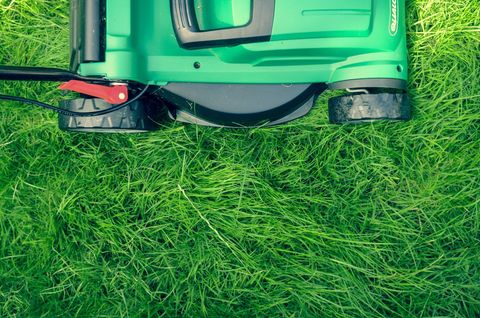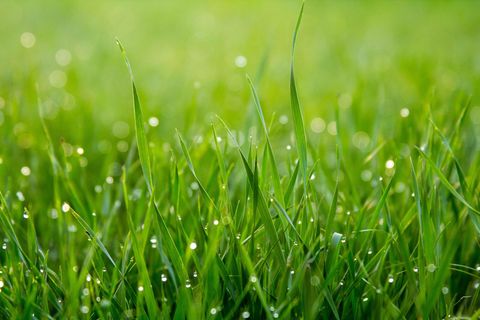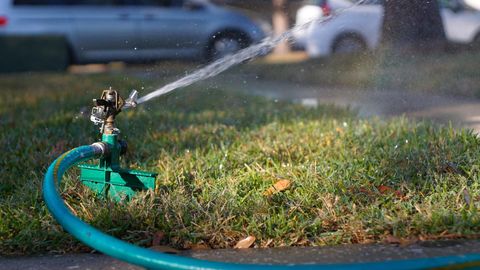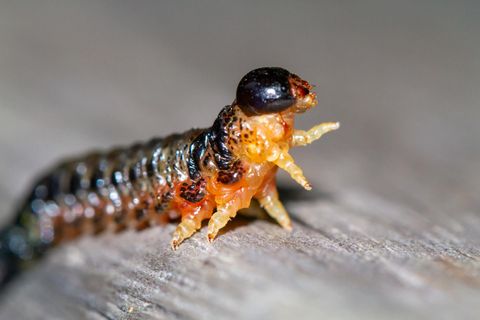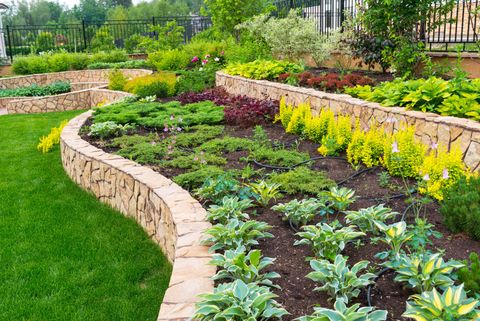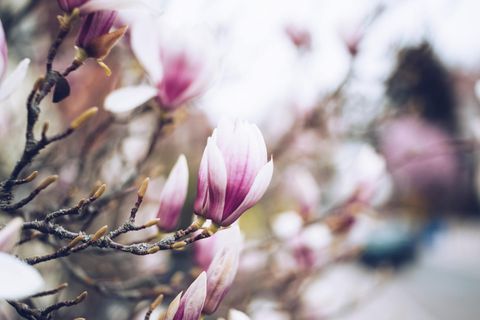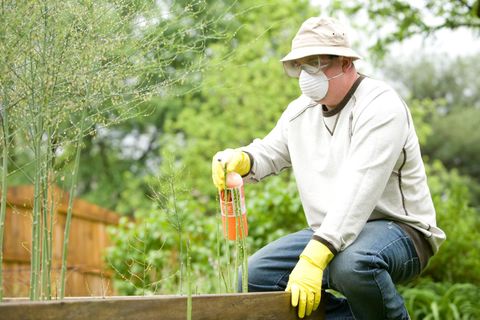How to Properly Maintain Your Lawn & Landscape
Leonard's Lawn & Landscape • May 19, 2020
7 Tips for Maintaining Your Lawn & Landscape
Tenneseeans use a number of grasses and ground covers for residential properties, including Kentucky Bluegrass, fescue, ryegrass, zoysiagrass, and Bermuda grass. These various lawn types differ in their tolerance of heat, disease, salt and wear resistance needed for specific regions in the state. Incorporating best practices for your lawn and landscaping improves your curb appeal and makes your property more desirable for potential buyers if you ever decide to sell. It goes without saying that maintaining your lawn and landscape saves you money and benefits you in the long run.
1. Mowing Properly
Grass plants need an adequate amount of surface area preserved for proper photosynthesis. Mowing your grass too short can reduce this surface area to a vulnerable state. The proper length of your grass aids in the necessary food production for the plants. The type of grass and its typical grow rate will determine how much and how often you should mow for optimal results. An average amount of grass to remove during each mowing as about 1/3 of the overall length.
2. Fertilizing
Most homeowners and business owners believe that the removal of grass clippings is better for the health of their lawn, this is false. The clippings break down as natural nutrients for the soil, which reduces the need for additional fertilizers. Using compost will help condition the soil for nurturing healthy grass and ground cover growth. Avoid synthetic fertilizers and try to utilize organic fertilizers for optimal results.
3. Water on a schedule
Early morning is the best time to water your grass. Avoid watering midday to avoid water waste. Much of the water will evaporate midday considering the heat and direct sun. You need a recommended minimum of 1.5" of water weekly to promote healthy growth.
If your lawn is showing symptoms of drought, water it immediately
regardless of time of day.
4. Pest Control
Keep your lawn soil well aerated by reducing thatch, the dried material that settles at soil level, and using approved aeration equipment. Irrigate and fertilize on a regular schedule. Apply Bacillus thuringiensis (Bt), a species of bacteria that lives in soil. It makes proteins that are toxic to some insects when eaten, but not to others. These proteins are not toxic to humans because, like all mammals, we cannot activate them.
5. Mulching your landscape
Use organic mulches such as chopped leaves, straw, grass clippings, compost, wood chips, shredded bark, sawdust, pine needles, and even paper around the base of plants to retain moisture. Initially you should water your plants deeply to allow the maximum amount of water to soak into the ground and then add mulch to prevent evaporation of the moisture as the sun heats the ground. Install a drip irrigation system to conserve water and provide adequate moisture.
6. Types of Plants
Using Tennesse native plants for your home landscape reduces the amount of water needed to keep your yard healthy and decreases the amount of maintenance. Native plants do not require fertilizers and require fewer pesticides than lawns. They are more resistant to pests and weeds, reducing the need for chemical fertilizers.
Native plants also help reduce air pollution by removing carbon from the air. Unlike native plants, common plants do not provide nectar, pollen, and seeds that serve as food for native butterflies, insects, birds and other animals. Often, common plants require pest control chemical just to survive.
Click here for a list of native plants to your area.
7. Pesticides
Beneficial insects help control plant pests by keeping their population down.
- Ladybugs help fight harmful agriculture pests such as aphids and other plant parasites.
- Damsel bugs prey on many types of crop pests and can be found mainly on legumes or alfalfa.
- Spiders are needed in flower and vegetable gardens to avoid pest outbreaks.
- Lacewings feed on moth eggs, aphids, mites, and caterpillars.
- Ground beetles feed on insects that are harmful to vegetables

